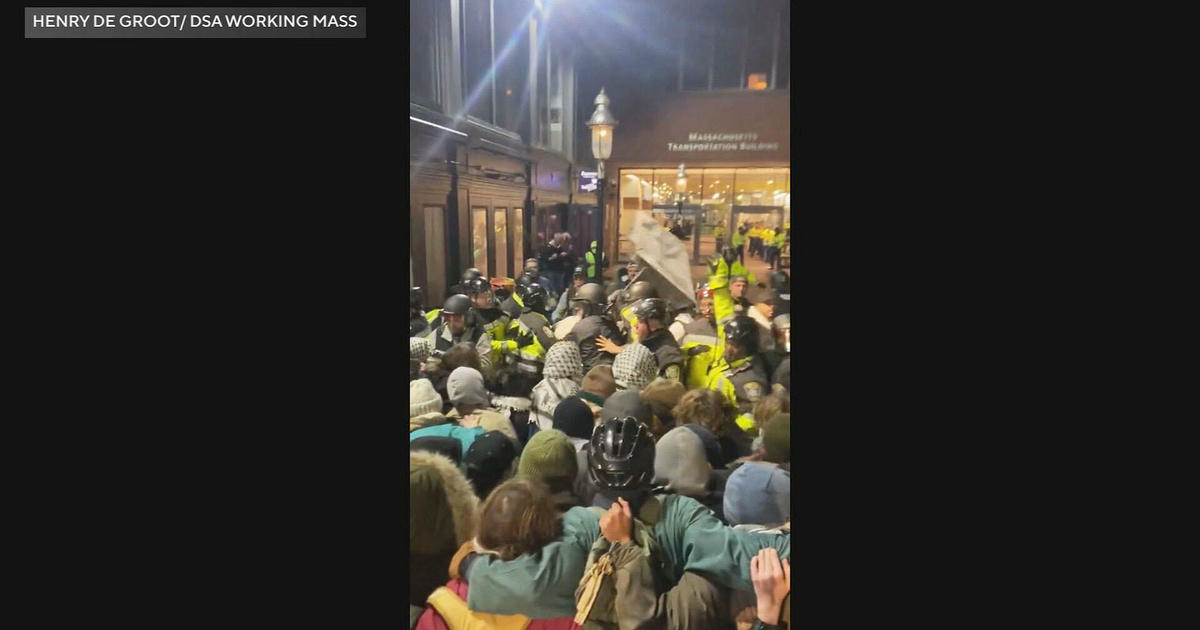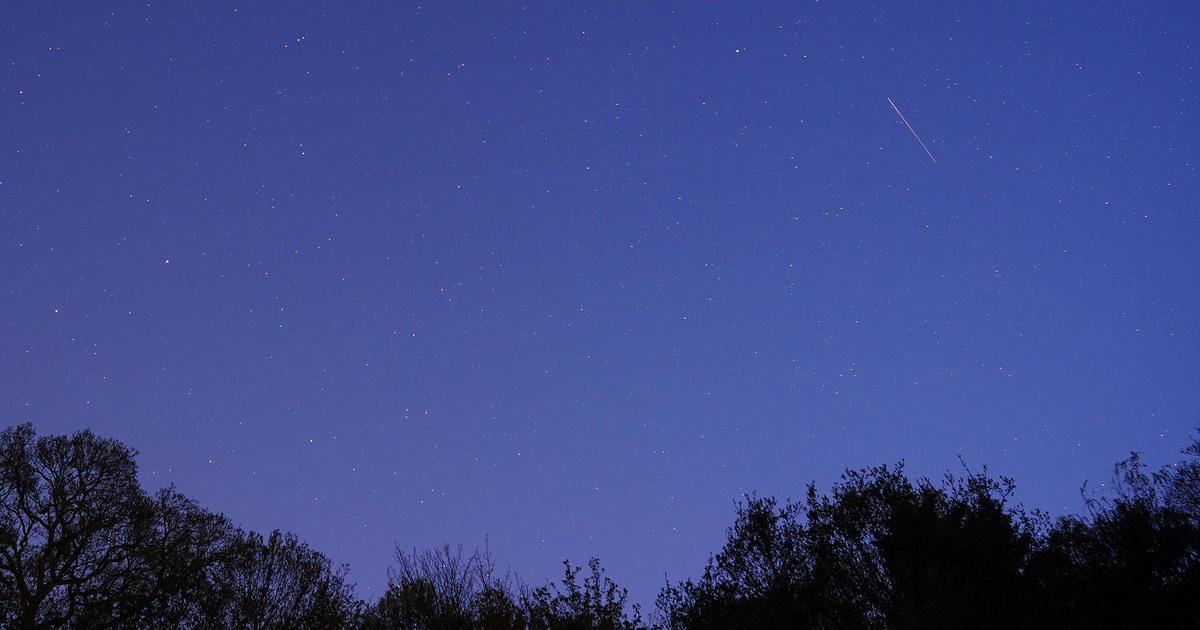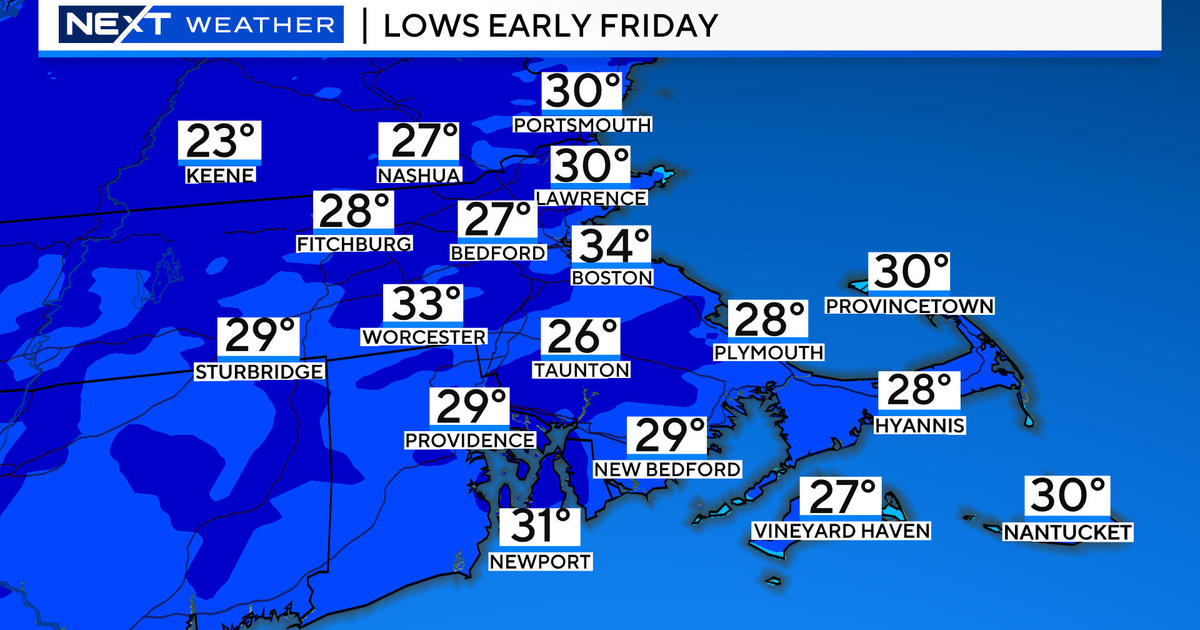Sunday Morning Weather Trivia--And Potential Tropical Trouble
BOSTON (CBS) -- Check out the trivia used on WBZ News this morning. I have included additional explanatory information about each question--plus, you will find out about the possibility of tropical trouble ahead in this blog.
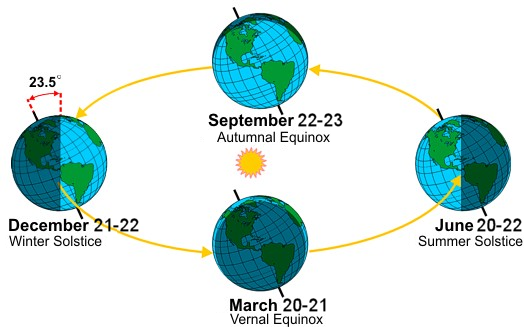
Q: The vernal and autumnal equinoxes do not occur at the same time each year because of the...
a) Earth's revolution
b) Earth's Rotation
c) Earth's Gravitation
d) none of the above
A: a) Earth's revolution
The equinox is either of two times during the year that the sun crosses the celestial equator, an imaginary line through the sky, and appears directly above the equator, the imagery line that divides the Earth into the northern and southern hemispheres. When this occurs, the length of day and night are almost equal but not quite the same by about 9 minutes due to refraction of light rays coming from the sun by the Earth's thick atmosphere.
The equinoxes do not occur at the same time each year because the Earth takes approximately 365.25 days to revolve around the Sun. This is the reason that we have a leap year every 4 years, to add another day to our calendar so there is not a gradual drift of date through the seasons.
For the same reason, the precise time of the equinoxes are not the same time each year and generally will occur about 6 hours later each year, with a jump of a day backwards on leap years. Last year, the autumnal equinox occurred at 4:21 a.m. on September 22, and this year, it occurred at 10:21 a.m. last Thursday, September 22.
Q: On September 27, 1985, one of the most-hyped hurricanes in history struck New England. What was its name?
a) Bob
b) Carol
c) Gloria
d) Kerry
A: c) Gloria
Hurricane Gloria was one of the biggest-hyped hurricanes ever because of its threat to the eastern seaboard.
Gloria was a classic Cape Verde hurricane, traveling hundreds of miles across the open Atlantic in late September 1985. The storm turned north of the Leeward Islands and as it moved just east of the Bahamas, it intensified rapidly with sustained winds of 150 mph with gusts to 175 mph! Fortunately, Gloria weakened upon approach to the United States and it passed over the Outer Banks of North Carolina as a Category 2 Hurricane with winds down to 105 mph.
With most of its circulation over water, the hurricane began to accelerate Northward, and it made landfall on Long Island around 2 p.m. on September 27. At that time, Gloria had sustained winds of 85 mph with one peak gust to 111 mph on a narrow strip in eastern Long Island. There were a few gusts to 90-95 mph on the Eastern Connecticut coastline with a gust to 109 mph at Chatham and 100 mph at the Blue Hill Observatory.
However, the rest of New England experienced winds no higher than 50-75 mph as Gloria weakened rapidly upon crossing central Connecticut through Massachusetts just east of the Connecticut River. It then moved to the Lakes Region of New Hampshire and into the Western mountains of Maine. Thankfully, Gloria passed closer to low tide, so storm surge was not a problem and most of the storm's rainfall occurred well west over the Appalachians. There were some passing rain squalls,but much of the time there was little rain falling--though the wind caused much tree damage.
I remember attending the WBZ news staff meetings where strategic planning took place for this potentially horrific storm. At that time, we were preparing for a terrible beating from a possible strong 3 or Category 4 Hurricane! It was frightening to think that could have been the case. Thankfully, Gloria lost its powerful punch before slamming us!
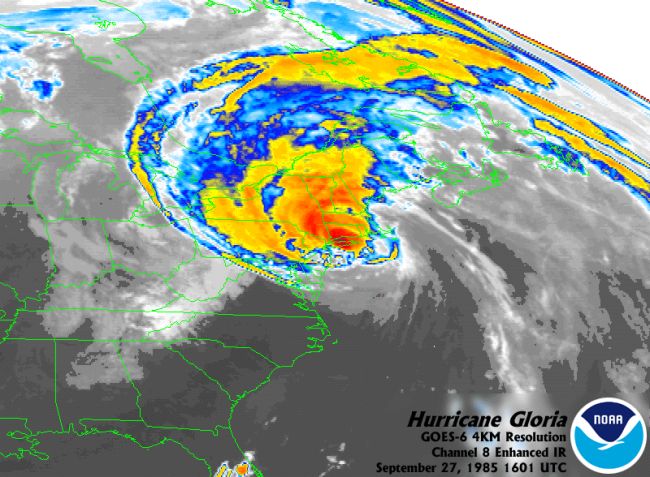
Over the next 1-2 weeks, eyes will be focused on the next tropical disturbance destined to become "Matthew."
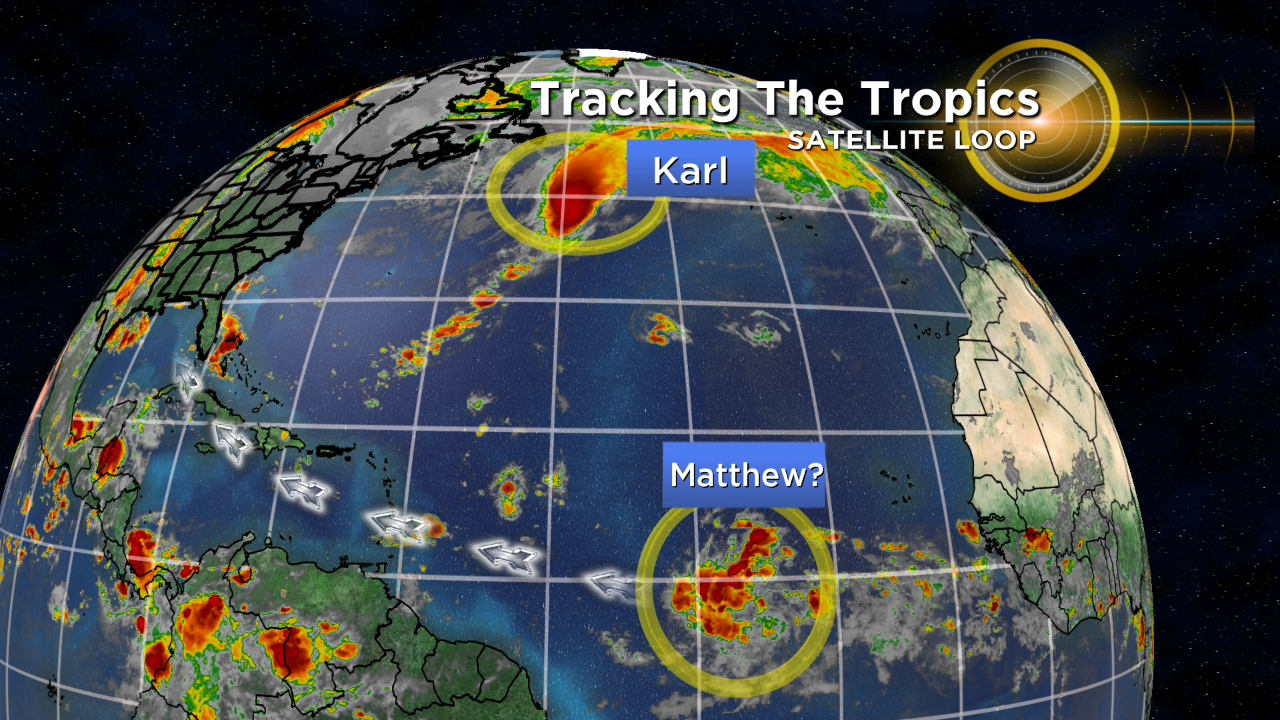
The National Hurricane Center is projecting a very favorable environment as the system tracks west to west-northwest.
